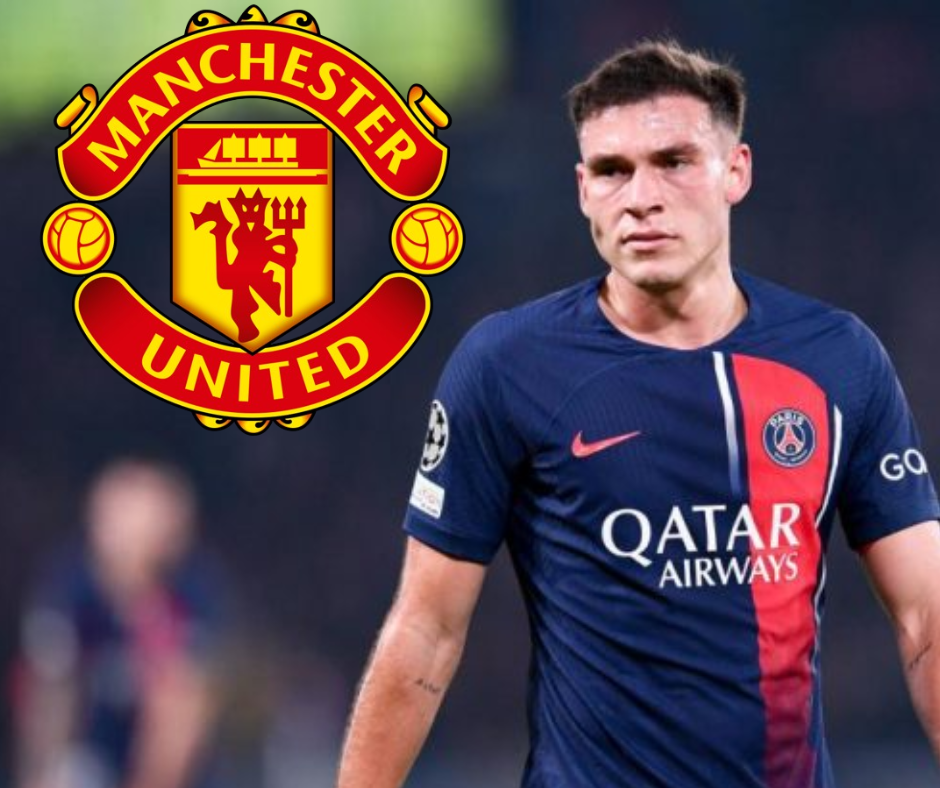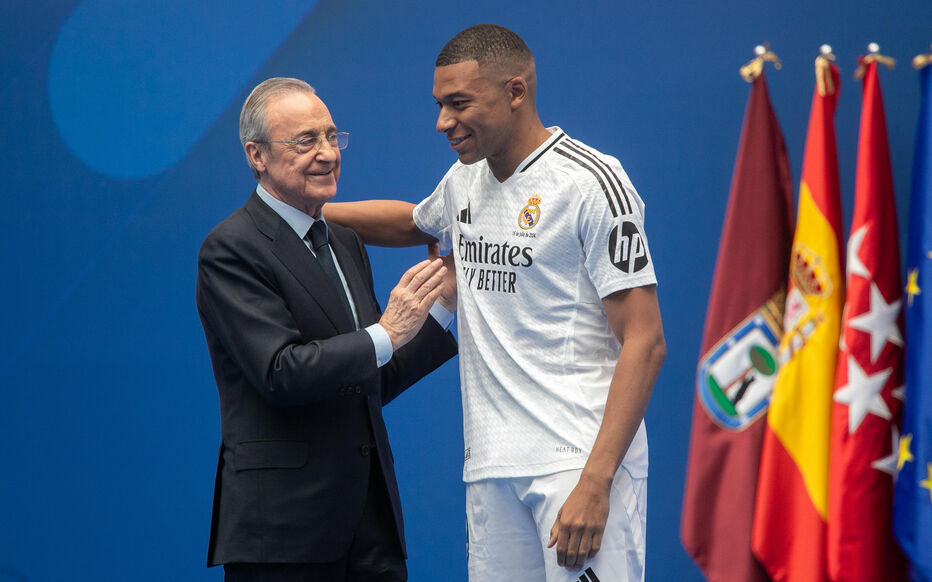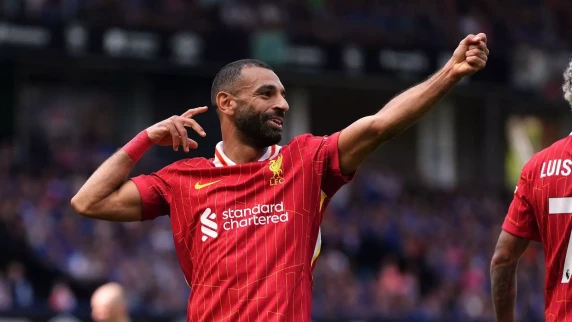In the world of soccer, the game has seen tremendous transformation over the past few decades. From the grassroots to the grandest stages of the World Cup, the evolution of tactics has redefined how teams approach the beautiful game. Gone are the days when sheer physicality or individual brilliance could consistently secure victory. Today, soccer is as much a battle of wits as it is of skill and stamina.
The Rise of Tactical Masterminds
One of the most significant changes in modern soccer is the rise of tactical masterminds. Coaches are no longer just motivators; they are strategic thinkers who meticulously plan every aspect of the game. The likes of Pep Guardiola, Jürgen Klopp, and Diego Simeone have set new standards with their unique tactical approaches, each leaving an indelible mark on the game.
Guardiola’s philosophy of ‘tiki-taka,’ which emphasizes short, quick passes to maintain possession, has influenced an entire generation of coaches and players. On the other hand, Klopp’s ‘gegenpressing,’ where a team aggressively presses the opposition immediately after losing possession, has become a hallmark of modern football. Simeone’s defensive solidity, paired with a lethal counter-attacking game, has proven that a well-organized defense can still conquer even the most potent attacks.
The Shift Towards Data-Driven Decisions
Another aspect of the modern game is the integration of data and analytics. Clubs now invest heavily in technology to track player performance, analyze opponents, and make data-driven decisions. This analytical approach has led to more informed tactical decisions, from player positioning to substitution timings.
The use of data has also transformed player recruitment. Clubs like Manchester City and Liverpool have set up sophisticated scouting networks that rely on data analytics to identify talent that fits their tactical setup. This shift towards analytics has made the game more scientific, with decisions increasingly based on numbers rather than just intuition.
The Role of Versatile Players
In today’s game, versatility is key. Players who can adapt to multiple positions and roles are highly valued. The traditional roles of defenders, midfielders, and forwards have blurred, with players like Joshua Kimmich, Trent Alexander-Arnold, and Kevin De Bruyne embodying this new breed of versatile footballers. This adaptability allows teams to switch formations and tactics seamlessly during a match, keeping opponents guessing and enabling a more dynamic style of play.
Conclusion: A Constantly Evolving Game
Soccer, with its rich history, continues to evolve, adapting to the demands of the modern era. The tactical revolutions we witness today are a testament to the game’s enduring ability to reinvent itself. As we look to the future, one thing is certain: soccer will continue to evolve, and with it, the strategies, players, and even the fans will keep pushing the boundaries of what is possible on the pitch.
© matchlivehd









